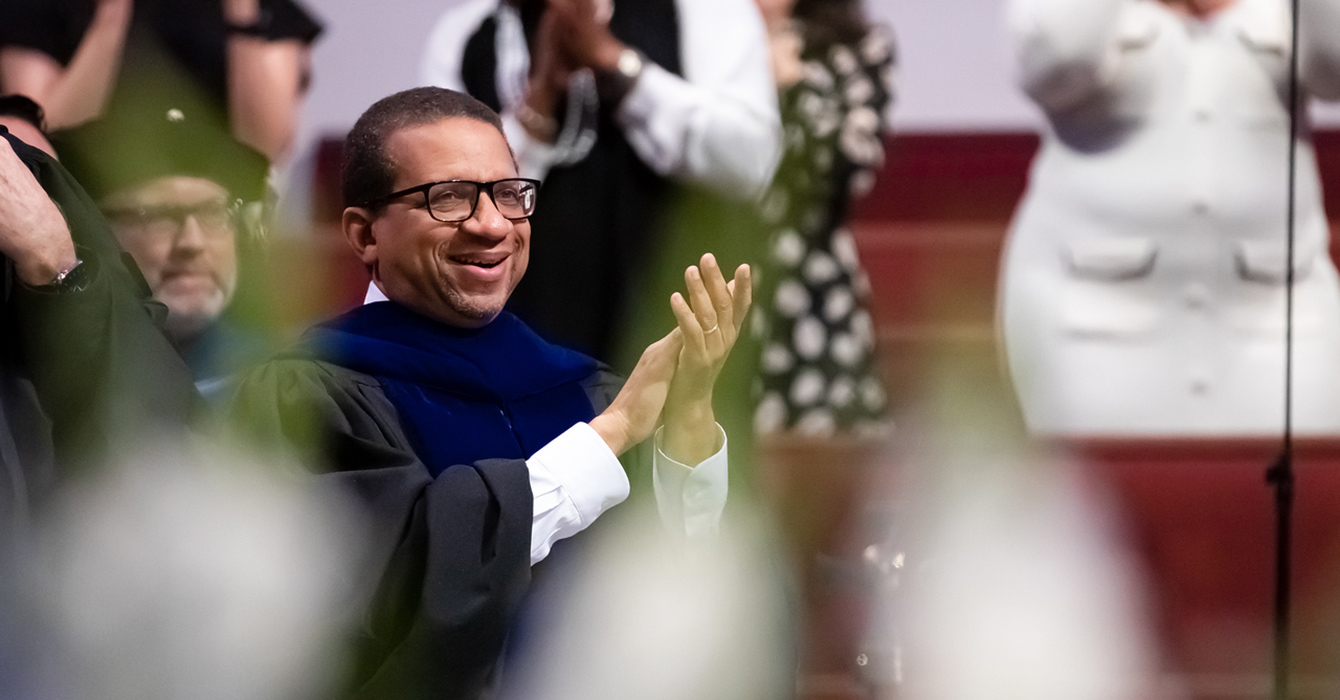In the ancient church, a young monk would approach an elder and ask, 'Abba, may I have a word?' Tom Arthur, in his first year out of seminary, seeks advice from elders in these letters. John Ed Mathison’s reply is here.
Dear John Ed Mathison,
I’m stuck on this question: does vision for leadership in the local church come through the pastor or through the congregation? Or is there some other third, fourth, or even fifth option?
Part of why I think I’m stuck on this question is because the polity and history of our church seem somewhat confused itself. We United Methodists have some kind of hybrid between the magisterium of an episcopal system and the congregational polity of a democracy. We occupy some medium between Catholics and Presbyterians.
It appears that our history has supported a kind of vision-comes-from-the-pastor approach to leadership. Surely if anyone had a vision that shaped the spiritual lives of hundreds of thousands of people, even millions, it was one John Wesley. Bring Methodism over to American soil and Francis Asbury certainly exemplifies that vision-comes-from-the-pastor approach, with only slight movement toward the congregational approach.
And yet, our church has over time created structures of accountability and decision-making that diversify that vision-casting role into a much broader group of people including General Conference, Annual Conferences, and local church conferences. This same dynamic can be seen in the polity structure of any local church. The pastor is the chairperson of the Committee on Lay Leadership, but that slate of leaders each year has to be voted on by the Church Conference.
Promise and peril lie on both sides of this question. When vision comes from the pastor, a congregation can move quickly to respond to God’s leading. Thriving congregations are often led by pastors who have clear and distinct vision. But if vision comes from the pastor, how can the pastor discern where his or her blind spots are? If vision comes from the pastor, how does a pastor not make a congregation into an image of him or herself? If vision comes from the pastor, has does a pastor bring a congregation alongside this vision?
On the other hand, if vision comes from the congregation, the potential seems greater to hear God’s voice with many ears of discernment and not create a congregation in the image of the pastor. This looks like a more inclusive approach to vision casting, one that is less likely to leave out any particular group of people. And yet our history shows that this democratization of our polity has not always been successful at hearing the minority voice of the prophets among us and acting upon that modern-day “Thus saith the Lord” (I’m thinking particularly here of our checkered past with slavery and segregation). There is also the peril of decision making bogging down and not keeping up with the Spirit’s leading.
This same dynamic could be asked of the broader church. Does vision in our connection come from the bishops, district superintendents, thriving church pastors, or from the General Conference and Annual Conferences? Perhaps there is not one answer to this question. I look forward to your insight.
Peace,
Tom Arthur
Tom Arthur is pastor of Sycamore Creek United Methodist Church in Lansing, Michigan.













